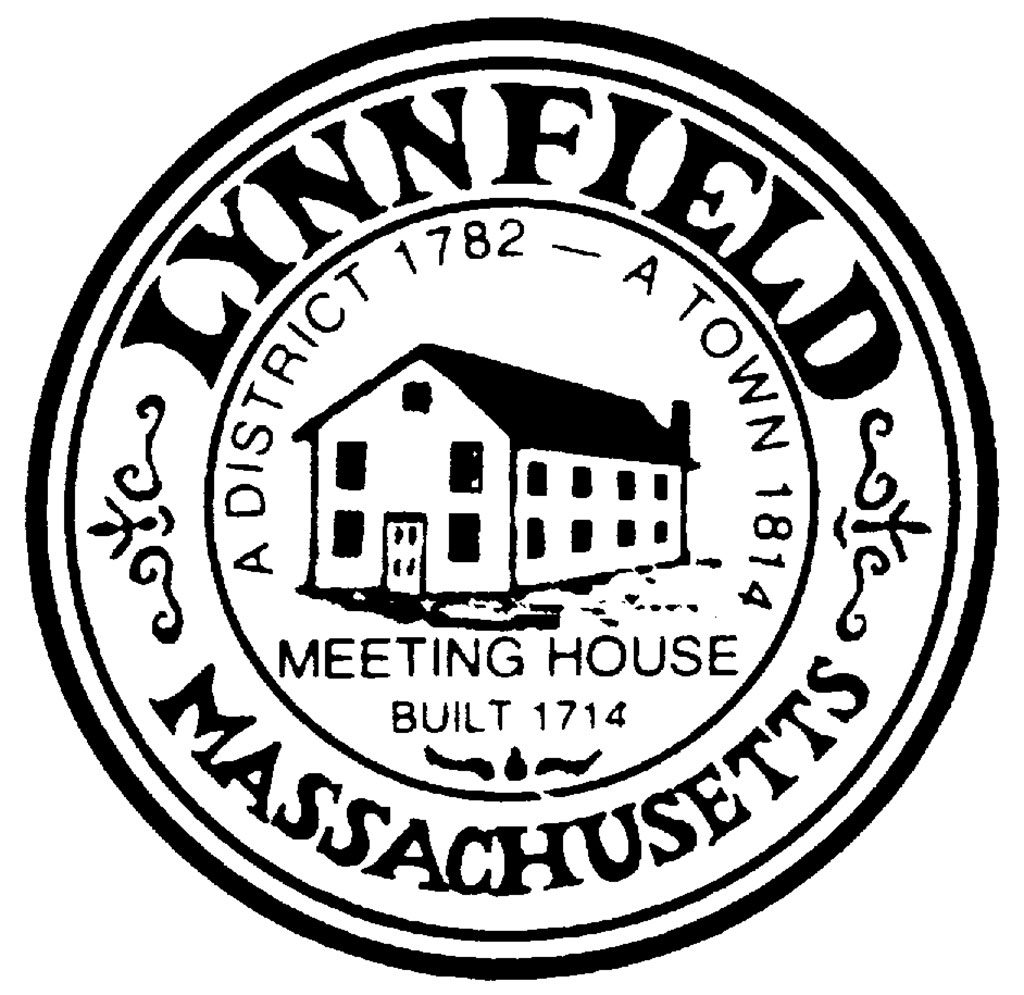Published June 23, 2021

By DAN TOMASELLO
LYNNFIELD — A Land Court judge has agreed with the town that Boston Clear Water Company, 165 Lowell St., is not exempt from local regulations outlined in the Zoning Bylaw.
Town Counsel Tom Mullen informed the Villager that he agreed with Justice Jennifer S.D. Roberts’ decision against BCW.
“I was pleased and relieved, but not surprised, that the Land Court saw the case the same way the town does,” Mullen stated. “In context, it’s plain that the broad exemption for ‘public water supply use’ in our Zoning Bylaw was intended to allow our two public water districts to function anywhere. It was never intended to permit a commercial business engaged in the retail sale of water to set up shop anywhere it chose in the residential districts of the town. If BCW had prevailed on its theory, it might have expanded its business onto the properties neighboring 165 Lowell St., which have been purchased by BCW or related persons or entities. For that matter, it could have bought and set up shop on other parcels, including non-contiguous lots.”
Roberts stated in her June 1 decision that two separate cases, Willis C. O’Brien, Mary B. Bliss and Andrew J. Gallucci vs. the Lynnfield Zoning Board of Appeals, Boston Clear Water Company and John Sievers as well as Boston Clear Water vs. the ZBA were consolidated into one case. She noted that the O’Brien vs. Shaffer case, which references former ZBA Chairman Brian Shaffer, was an appeal resulting from the ZBA upholding retired Building Inspector Jack Roberto’s decision that BCW was allowed to operate as a nonconforming use in a Single Residence C Zoning District.
“Another consequence of our win is that the abutters’ challenge to the nonconforming status of BCW remains alive in the Land Court,” said Mullen. “Had BCW convinced the court that it could practice its retail water business as of right, that challenge would be moot.”
In the BCW case, the Lowell Street water company appealed the ZBA’s decision that ruled BCW was not a public water supply that was allowed to operate in the town’s various zoning districts with the exception of the Elderly Housing District.
“The ZBA argues, based on well-established law, that its interpretation of the Zoning Bylaw (ZBL) to exclude the water company from the definition of ‘public water supply use’ is reasonable and entitled to deference,” Roberts stated. “In response, BCW contends that the ZBA’s interpretation is preempted by controlling state law and is arbitrary. BCW argues that the water company’s designation by (the Massachusetts Department of Environmental Protection) as a public water supply system is controlling and that the commonwealth’s comprehensive statutory scheme regulating drinking water precludes local regulation of such systems through zoning. This court disagrees.”
Roberts recalled that BCW claimed it was allowed to operate as a public water supply because the DEP regulates public water supply systems.
“Those regulations are intended to promote the public health and general welfare by preventing the pollution and securing the sanitary protection of all such waters used as sources of water supply and ensuring that public water systems in Massachusetts provide to the users thereof that is safe, fit and pure to drink,” Roberts stated.
Roberts also noted in her decision that municipalities are allowed to adopt local regulations that seek to “limit” certain uses such as junkyards in water supply areas.
“While not holding itself out as having mastered the intricacies of the DEP’s drinking water regulations, this much seems clear to this court,” said Roberts. “There is no expressed intent that these regulations embrace local zoning and non-zoning controls as a means of fostering their goal of safe, fit and pure water. Moreover, there is no ‘sharp conflict’ between the DEP’s drinking water regulations and the Zoning Bylaw. The DEP’s regulations are indifferent to where a public water supply is sited, as long as it meets the DEP’s safety requirements. Add to this the long history of land use as a subject of local regulation and the conclusion that the Zoning Bylaw is not preempted by state insofar as it defines ‘public water supply’ is inescapable.”
Roberts also noted that the town gets its water from two different districts, the Lynnfield Center Water District and the Lynnfield Water District.
“The ZBA’s interpretation that ‘public water supply’ means a water system operated by a public sector entity, not a private or commercial entity, is reasonable and in accord with the historical treatment of the two public water supply companies and (BCW) in the town,” Roberts stated. “The two public water supply districts, the Lynnfield Water District and the Lynnfield Center Water District, were established in 1924 and 1939, respectively. They are public sector entities, with their commissioners being elected by the voters within their geographic bounds. They were created for the purpose of providing the town with water. In contrast, the water company has been privately owned and operated since its creation in 1901, and was considered by its owners and operators to be a private water supply in their annual applications to the town’s Board of Health for permits to ‘engage in the business of manufacturing or bottling carbonated…spring water.’”
Roberts also noted that BCW has one service connection that is located at the house on the 165 Lowell St. property.
“It also bears noting that at least one former owner of the property considered the water company to be a nonconforming use under the Zoning Bylaw, not a public water supply, and that the water company was not designated as a transient non-community public water system until 2012,” Roberts stated. “It is only with the relatively recent arrival of new ownership of the water company, in the form of BCW, that the company’s status as of right use has been asserted.”
Roberts also noted that, “The ZBA’s interpretation of public water supply as publicly owned and operated, as opposed to privately and commercially owned and operated, is also supported by other provisions of the Zoning Bylaw.”
“Retail trade, including sales and restaurants, is not allowed in the four residential districts,” Roberts sated. “The water company, with its retail sales of water, will not be allowed in the four residential districts as of right under the interpretation adopted by the ZBA.”
In conclusion, Roberts dismissed the BCW vs. ZBA case “with prejudice.”
BCW owner Anthony Gattineri has 30 days to repeal the decision.




